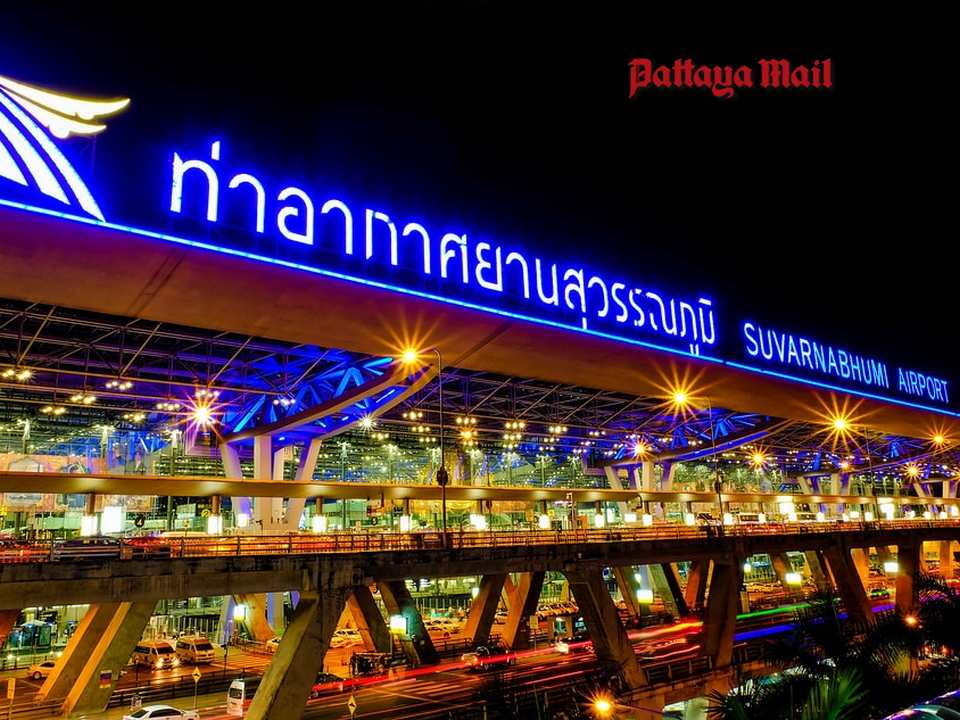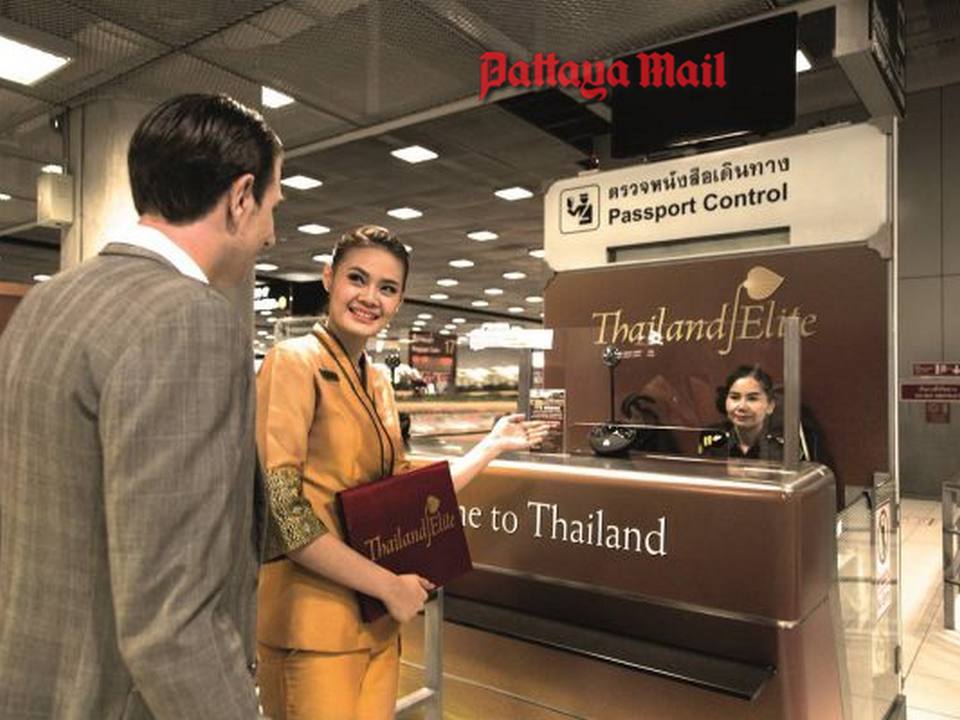
Thousands of expats aged over 50 face additional hurdles if they leave Thailand and wish to return. Thai embassy websites worldwide have confirmed that foreigners requesting a non-O visa abroad, based on retirement, will need two kinds of insurance before the certificate of entry can be granted. The latest ruling also applies to expats who have a one-year retirement extension granted by Thai Immigration and based on a non-O visa, and wish to return to Thailand using a valid re-entry permit.
The first compulsory insurance requirement – for every single foreigner wishing to enter Thailand – is cover of at least $100,000 for Covid-related illnesses. The policy is available online from a cartel of Thai companies under the aegis of The Thai General Insurance Association at http://covid19.tgia.org Costs vary according to the country of departure and length of stay, but the age of the applicant (up to 99 years) is irrelevant. A 12-months’ policy for travellers coming from UK is 43,200 baht or 12,160 for three months. The cover must be for the entire stay of the visa, or the period of reentry validity.
The more difficult insurance, for some, is the separate requirement to have cover for general medical treatment (unrelated to Covid) for at least 400,000 baht for inpatient treatment and 40,000 baht for outpatients. Until recently, this requirement has been limited to retirees with 0/A (one year) and 0/X (10 years) visas granted by Thai embassies in the home country. It is also mandatory for those applying for the Special Tourist Visa (STV) which can be extended up to 270 days for long stay leisure travellers.

Such insurance is readily available from several Thai companies online, but typically has an age cut-off point for new entrants of 70 or 75 years. In this regard, it is quite unlike the Covid insurance. Older expats may find it very difficult to obtain general medical cover or receive endorsed policies which exclude any claims. Some embassies, moreover, are insisting on a policy issued by a Thailand-based company and are said to be refusing foreign ones or ones that don’t specifically meet the small print of the above regulations.
It is stressed that the above regulations apply only to those requesting a non-O visa, based on retirement, from Thai embassies abroad and to those requesting entry based on a re-entry permit. The requirement does not currently apply to retirees applying to Thai Immigration for an annual extension of stay based on an original non-O visa. They will meet the new requirement only after they leave the country and need a certificate of entry from their local Thai embassy.
All other categories of foreigners entering Thailand are unaffected by the double whammy and need only Covid-19 insurance as described. In other words, work permit holders, tourists, permanent residents with a police red book, Elite card holders, business travellers, certain property owners, students and foreigners holding family or marriage visas need only insurance of at least US$100,000 in case they need coronavirus-related treatment. Fuller details of the documentation needed to enter Thailand are available at Thai embassy websites.
Eleanor Dawson, a UK travel consultant said, “Thailand’s entry requirements are amongst the most complex in the world, with similar categories having quite different rules.” Asked when she thought matters might get back to normal, she added, “I think we are years away from international travel requiring only a passport and an air ticket. Perhaps never.”
Visa agents in Thailand are suggesting that the expansion of double health policies for retirees may have various consequences. It may make the Elite visa more attractive as it provides multi-entry cover and needs only Covid cover to return to Thailand. A five year Elite visa costs 600,000 baht. Some retirees abroad may choose to enter Thailand with a tourist visa or visa exempt stamp – neither requiring the general medical insurance – and then apply at Thai Immigration for a new non-O visa and an annual extension based on it.





